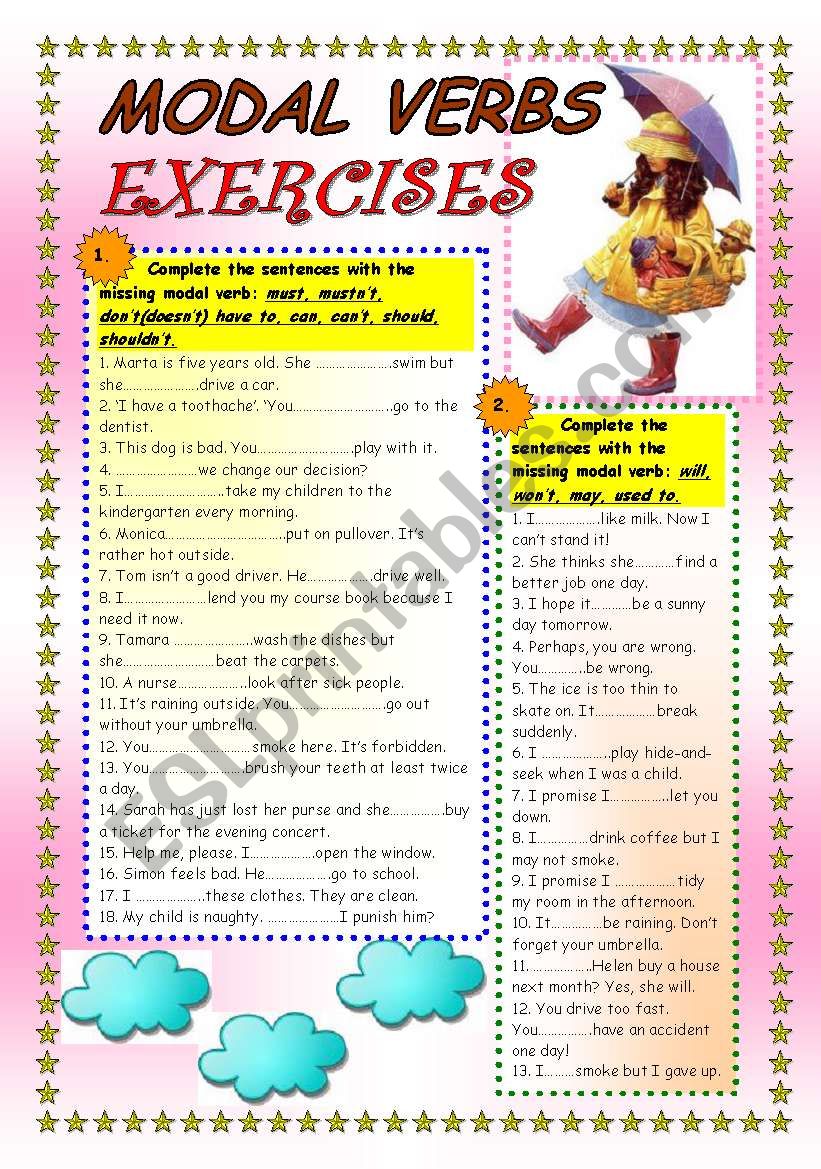

‘Where shall I put this box?’ → He asked where he should put the box.ĥ.then we can use should in the report, but not shall. However, when shall is used in offers, requests for advice and confirmation, etc. ‘I shall (I’ ll) call you on Monday.’ → She told me she would call me on Monday.When shall is used in the original to talk about the future, we use would in the report: ‘ The problem can be solved.’ → They said the problem can/could be solved.Ĥ.If the situation we are reporting still exists or is still in the future and the verb in the reporting clause is in a past tense, then we can use either would or will, can or could, and may or might in the reported clause: ‘I ‘ll be in Paris at Christmas.’ → She tells me she’ ll be in Paris at Christmas.‘Careful! You’ ll fall through the ice!’ → I warned him he would fall through the ice.Will usually changes to would, can to could, may to might. However, if the situation we are reporting still exists or is still in the future and the verb in the reporting clause is in a present tense, we prefer will, can, and may in the reported clause. ‘We might drop in if we have time.’ →They said they might drop in if they have time.ģ.‘I could meet you at the airport.’ → He said that he could meet us at the airport.The verbs could, would, should, might, ought to, and used to don’t change in the report: ‘You’re not allowed to smoke here’ → she told me that I mustn’t smoke there.Ģ.We sometimes use a modal verb in a report when there is no modal verb in the original: Would, should (offers, suggestions, etc.)ġ. Will or would, can or could, may or might (existing or future situations and past tense verb in reporting clause) Will, can, may (existing or future situations and present tense verb in reporting clause) modal verb in originalĬould, would, should, might, ought to, used to The changes are summarised in below table. When there is a modal verb in the original statement, suggestion, etc., this sometimes changes when we report what was said. You, we, they will be allowed to go.Modal Verbs In Reported Speech Exercises – Modals Exercises PDF May he come to your party? No, he must not. When you use other tenses you have to replace them. You can only use them with the present tense. Modal verbs don't have a past form (except can) and a past participle (3 rd form). The most common modal verbs are can, may and must. We also use them to make requests and offers. Modal verbs are types of auxiliary verbs which express necessity, ability, permission or possibility.


 0 kommentar(er)
0 kommentar(er)
